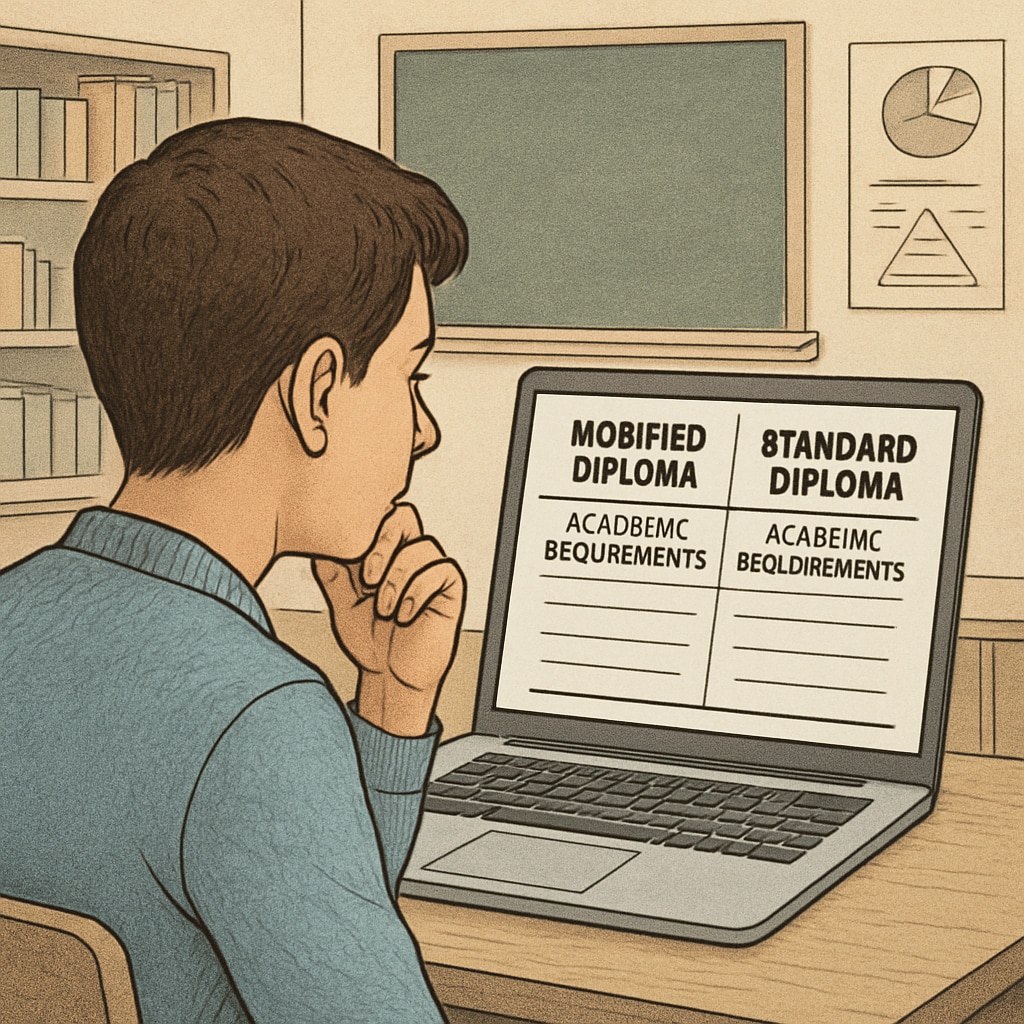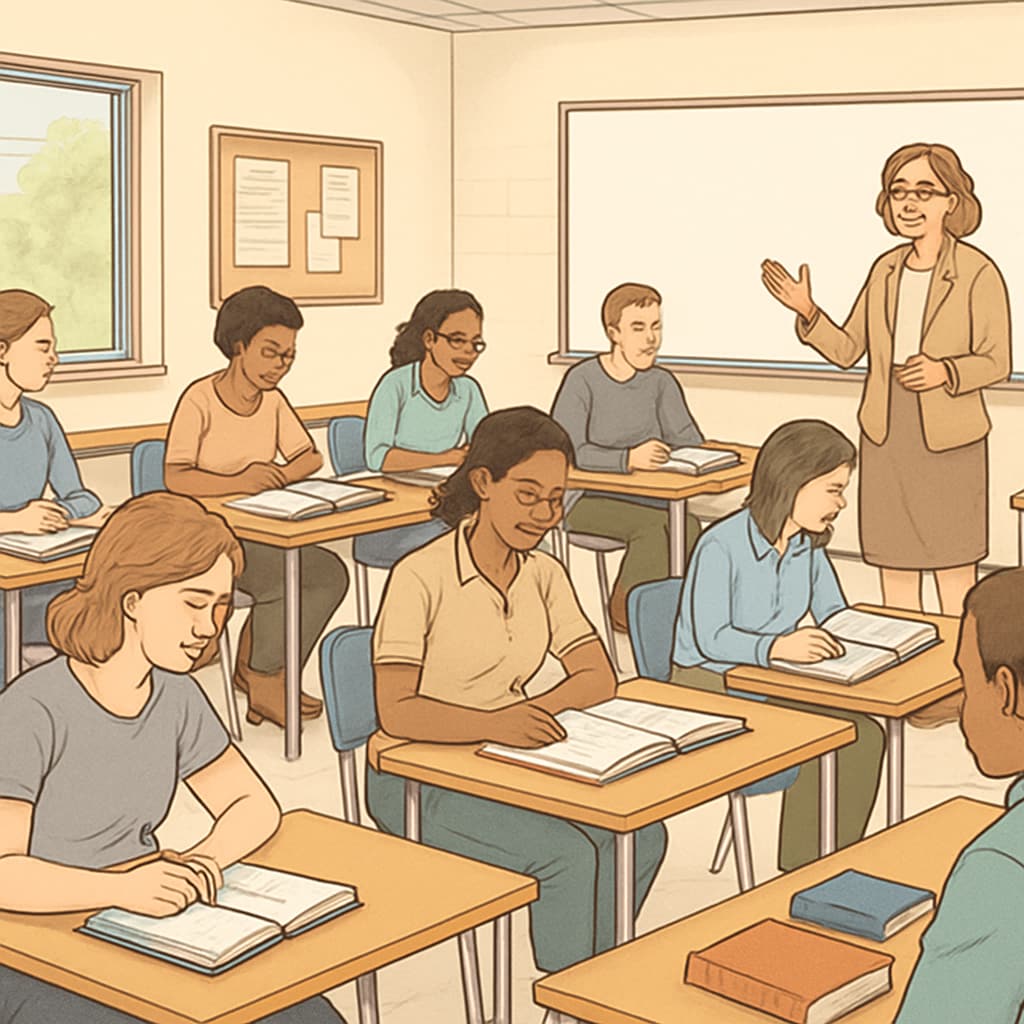For many high school graduates, the decision to pursue a modified diploma may later lead to feelings of regret, particularly when they realize the limitations it may impose on higher education and career opportunities. Questions often arise: Can a modified diploma be converted to a standard diploma? How can one move forward academically and emotionally? This article delves into the differences between these diploma types, explores possible solutions, and provides actionable advice for those seeking to overcome academic setbacks.
Understanding the Differences: Modified vs. Standard Diplomas
Modified diplomas are typically awarded to students who face significant challenges, such as learning disabilities or other barriers that prevent them from completing standard requirements. While they serve an important purpose, they can limit access to certain colleges, scholarships, and career paths. In contrast, standard diplomas demonstrate completion of traditional academic requirements and are universally accepted in higher education and professional environments.
Key distinctions include:
- Modified diplomas may lack core coursework in math, science, or language arts.
- Standard diplomas often meet state or national benchmarks for academic achievement.
- Eligibility for financial aid or college admission may vary significantly.
Understanding these differences is the first step in evaluating whether transitioning from a modified to a standard diploma is feasible or necessary.

Can a Modified Diploma Be Converted? Exploring Pathways
While converting a modified diploma directly into a standard diploma may not always be possible, there are alternative pathways to academic advancement:
1. Adult Education Programs: Many states offer programs that allow individuals to earn a standard diploma or equivalent, such as a GED (General Educational Development certificate).
2. Supplemental Coursework: Graduates may enroll in additional classes to meet the requirements of a standard diploma. This option may involve evening classes, online programs, or community college courses.
3. Skill-Based Certifications: While not a diploma, certifications in technical fields can provide alternative career options for modified diploma holders.
Each pathway requires careful planning and may involve time, effort, and financial investment. Therefore, assessing personal goals and available resources is essential.

Overcoming Regret: Emotional and Practical Strategies
Regretting academic choices can be a heavy emotional burden, but it’s important to focus on solutions rather than dwelling on the past. Here are some strategies:
- Seek Guidance: Educational counselors or career advisors can provide personalized advice and help outline achievable goals.
- Focus on Strengths: Emphasize skills and experiences that can compensate for a modified diploma in job applications or interviews.
- Consider Lifelong Learning: Continuing education demonstrates a commitment to personal growth and may open unexpected doors.
Additionally, building a support network of family, friends, or mentors can make the journey more manageable and rewarding.
Learn more about GED certification on Wikipedia | High school diplomas on Britannica
Looking Ahead: Turning Setbacks into Opportunities
A modified diploma does not define your future. Many successful individuals have overcome similar obstacles through determination, adaptability, and resourcefulness. Whether through additional education, alternative qualifications, or leveraging unique talents, there are countless ways to build a fulfilling career and life.
Remember, setbacks often serve as stepping stones to growth. By taking proactive steps, you can transform regret into renewal and achieve your long-term aspirations.
Readability guidance: This article uses concise paragraphs, clear headings, and practical lists to improve readability. Transition words such as “however,” “therefore,” and “as a result” are included to ensure smooth flow. Academic terms are briefly explained to support comprehension.


